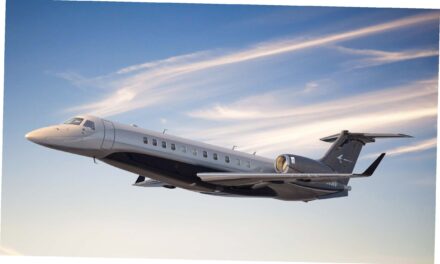In the aeronautical world, it is always difficult to advise pilots as to their place of taxation with regard to their place of residence.
For many of them, having an international activity, the pilots take much account of the uses. They must now face the procrastination of conventional international and national texts of a fiscal nature, and especially the reversals of the States in their interpretation of these texts.
This has recently been the case for an airline pilot residing in France who, for years, was not taxed in France for income received from a Luxembourg airline and who, following a check by the French tax authorities, had to pay French income tax for non-prescribed years.
The latter nevertheless leaned at once:
– on Article 14 (3) of the Tax Convention of 1 April 1958 between France and the Grand Duchy of Luxembourg for the avoidance of double taxation, which provides, by way of derogation, as regards the remuneration for services made on aircraft used for international transport by a person domiciled in one of the Contracting States, an exemption from taxation in the other State,
– paragraph 1 of the same article, which stipulates that salaries, wages and other similar remuneration shall be taxable only in the State in whose territory the person’s personal activity is engaged,
– on a decision of relief, although not motivated, for a previous year, from which he had personally benefited,
– on the fact that other pilots, in the same case, had also been granted rebates,
the taxpayer was opposed by the French tax authorities an unstoppable argument drawn from a different combination of the same texts.
And, the Administrative Court of Appeal of Marseilles, in a judgment of Thursday, April 19, 2018, confirming a judgment Administrative Court of Toulon of March 24, 2016, confirmed the analysis and specified the rules.
From the moment tax residence in France is neither challenged nor questionable, the French tax law (Article 4A of the French General Tax Code) must apply, unless it contravenes the text of the treaty and entails a situation of double taxation .
This was not, according to the courts, the case in this case:
– The conventional definition of «tax residency» attributed to the taxpayer a tax domicile in France,
– The tax treaty, whose purpose is, in particular, to avoid double taxation between the two Contracting States, can not in any circumstances have the effect of exempting from taxation any income derived from the activities of persons whose fiscal domicile is located in one or other of these States, whatever their source,
– That, except in situations of double taxation, the principle prevails: only the State in whose territory the personal activity of the source of the income in question is exercised has the power to impose it, and it must be forgotten (ignore?) that the conventional text clearly provides for an «exemption» …
©MatthieuDouhaire
PHILIPPE COSICH
Cosich Avocats
5, rue de Logelbach 75017 Paris – France
+33 1 44 29 21 21
contact@cosich-avocats.com
www.cosich-avocats.com









